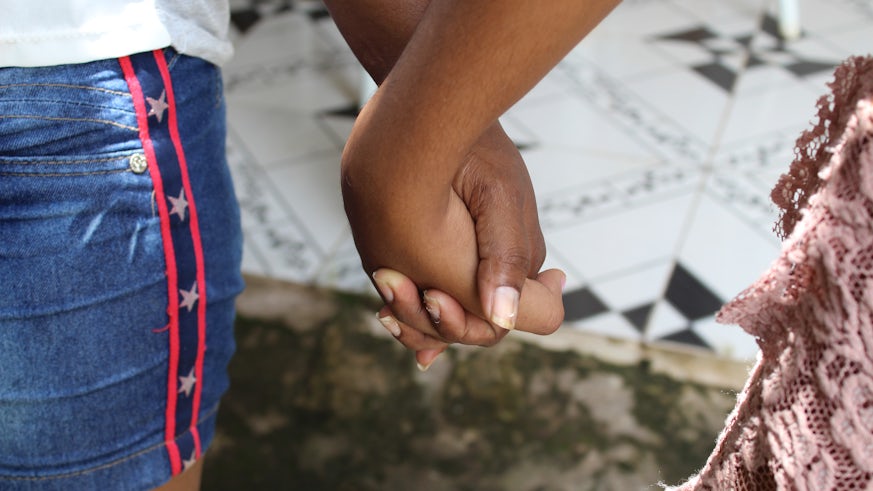Cardiff academic wins funds for collaboration with leading girls’ rights NGO
22 October 2021

A School of Law and Politics lecturer is collaborating with experts at a leading children’s charity on a study to support the economic and social empowerment of girls.
Dr Rosie Walters, a lecturer in International Relations, has teamed up with Plan International on the Real Choices Real Lives (RCRL) study, which has been following the lives of 142 girls since their birth in 2006. The girls live across three continents in nine countries (Benin, Brazil, Cambodia, Dominican Republic, El Salvador, The Philippines, Togo, Uganda and Vietnam). Regular in-depth interviews with the girls and their caregivers explore gendered attitudes and norms in each community and how they impact on girls’ daily lives. Topics investigated so far include girls’ access to education, their unequal share of domestic chores, parental restrictions and expectations on girls’ behaviour, gender-based violence, sexual and reproductive health and rights, and how girls push back against the sexism and inequalities they experience.
This summer, Dr Walters was awarded funds from the Economic and Social Research Council’s Global Challenges Research Fund to carry out capacity building workshops with Plan International staff in all nine countries. The aim of the workshops is to help embed the findings from the study into the organisation’s programmes with adolescent girls, as well as its advocacy work with national governments. This collaboration brings together the extensive expertise of the team at Plan International and Dr Walters’s own background in research with girls in international development and in qualitative research methods.
Speaking of her experience Dr Walters said, “I’ve been involved with the study since 2019 and it’s fantastic to have secured these funds to be able to develop this collaboration further. This kind of in-depth, qualitative study over a period of 18 years is incredibly rare and so the data offer a really valuable insight into how family and community expectations shape what girls can do, and be, right from the very beginning of their lives and all the way through their adolescence. Now, thanks to this project, we can really start to think about how we translate those insights into meaningful change.”
The project is part of a wider, ongoing collaboration between Plan International and the University, that has so far produced a number of co-authored conference papers and a journal article on the findings of the study, which will be published in the International Feminist Journal of Politics in the coming months. Two undergraduate students from the School of Law and Politics have also been working this year on the coding and analysis of the latest round of interviews with girls and their families.
“I hope this is the first of many projects of this kind,” says Walters. “I’m really proud to be able to support an organisation like Plan in my work, and I think it’s fantastic for students to be able to see how some of the more abstract theories and research methods we discuss in seminars can translate into projects that aim to make a real difference.”
